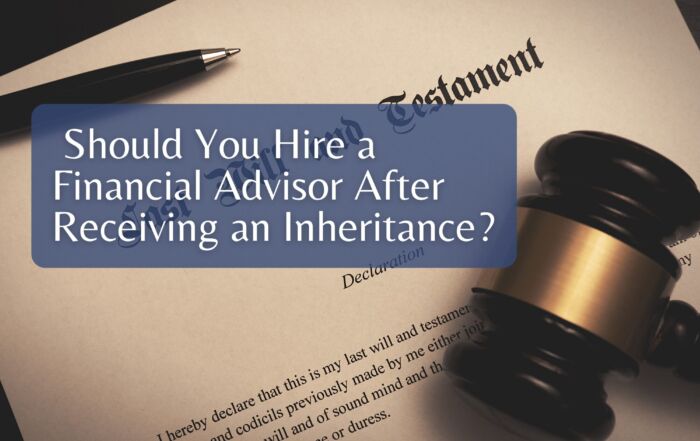Roth IRA for Minors: What Parents Need to Know

Setting up a custodial Roth IRA for minors is a fantastic way to start building their financial future early. With this option, a parent or another trusted adult acts as the custodian of the account, managing it on the child’s behalf until they reach the age of majority. However, it’s important to note that the account legally belongs to the child, giving them ownership from the start. This arrangement is similar to a UGMA or UTMA account, where the adult oversees the account until the child is old enough to take control.
Contribution Requirements for Minors
Minors must have earned income to make contributions. They can contribute up to $7,000 or the amount of their earnings (whichever is lower) on an annual basis. For example, if they earn $2,000 this year, they can only contribute up to $2,000. It is best to have a W-2 or 1099 to show their earnings. These accounts are great for young working teens with part-time jobs over the summer or during the year.
Opportunities for Small Business Owners
If you are a small business owner, you can pay your child a reasonable amount for work they completed in your business. Please note that an individual income tax return must be filed for the minor if they have over a certain amount of earned income (or portfolio income) for the tax year. Therefore, you will want to take all of this into consideration.
Rollover Options: 529 Accounts to Roth IRAs
There is also a newer planning point that you can roll over portions of unused 529 accounts into Roth IRAs. There are many rules and limitations surrounding these transactions. Honestly, that would most likely happen when they are no longer minors, but I thought it would be helpful to mention here as well.
Investing in a Roth IRA
Once the Roth IRA is funded, you can invest the account as you see fit. A Roth IRA is primarily used for retirement, but contributions (not earnings) can be withdrawn penalty-free for any reason. If you took out the earnings, you would still have to pay the income tax on the account earnings and possible penalties unless used for something such as education expenses. Either way, tax would be due on the earnings if taken prior to age 59 ½.
The Benefits of Saving Early
Using these accounts as a way to save for your children is great! The investment will grow tax-free, allows you to teach children about the importance of saving what they earn, does not impact the FAFSA, and gives them the ability to start investing early. The account can be accessed if needed, but it feels harder to reach as it is in a retirement-like account versus a bank account. I like to talk about it with the minor to give early, hands-on lessons on saving and investing. They will automatically take control of the account at the age of majority (which varies by state), so hopefully, they have learned how to manage or handle money by the time they take it over.
Click here to schedule a complimentary consultation to discover how we can help you achieve financial success.
Shawna Theriault, CFP®, CPA, CDFA®
Senior Financial Advisor, Wiser Wealth Management
Share This Story, Choose Your Platform!
Wiser Wealth Management, Inc (“Wiser Wealth”) is a registered investment adviser with the U.S. Securities and Exchange Commission (SEC). As a registered investment adviser, Wiser Wealth and its employees are subject to various rules, filings, and requirements. You can visit the SEC’s website here to obtain further information on our firm or investment adviser’s registration.
Wiser Wealth’s website provides general information regarding our business along with access to additional investment related information, various financial calculators, and external / third party links. Material presented on this website is believed to be from reliable sources and is meant for informational purposes only. Wiser Wealth does not endorse or accept responsibility for the content of any third-party website and is not affiliated with any third-party website or social media page. Wiser Wealth does not expressly or implicitly adopt or endorse any of the expressions, opinions or content posted by third party websites or on social media pages. While Wiser Wealth uses reasonable efforts to obtain information from sources it believes to be reliable, we make no representation that the information or opinions contained in our publications are accurate, reliable, or complete.
To the extent that you utilize any financial calculators or links in our website, you acknowledge and understand that the information provided to you should not be construed as personal investment advice from Wiser Wealth or any of its investment professionals. Advice provided by Wiser Wealth is given only within the context of our contractual agreement with the client. Wiser Wealth does not offer legal, accounting or tax advice. Consult your own attorney, accountant, and other professionals for these services.





